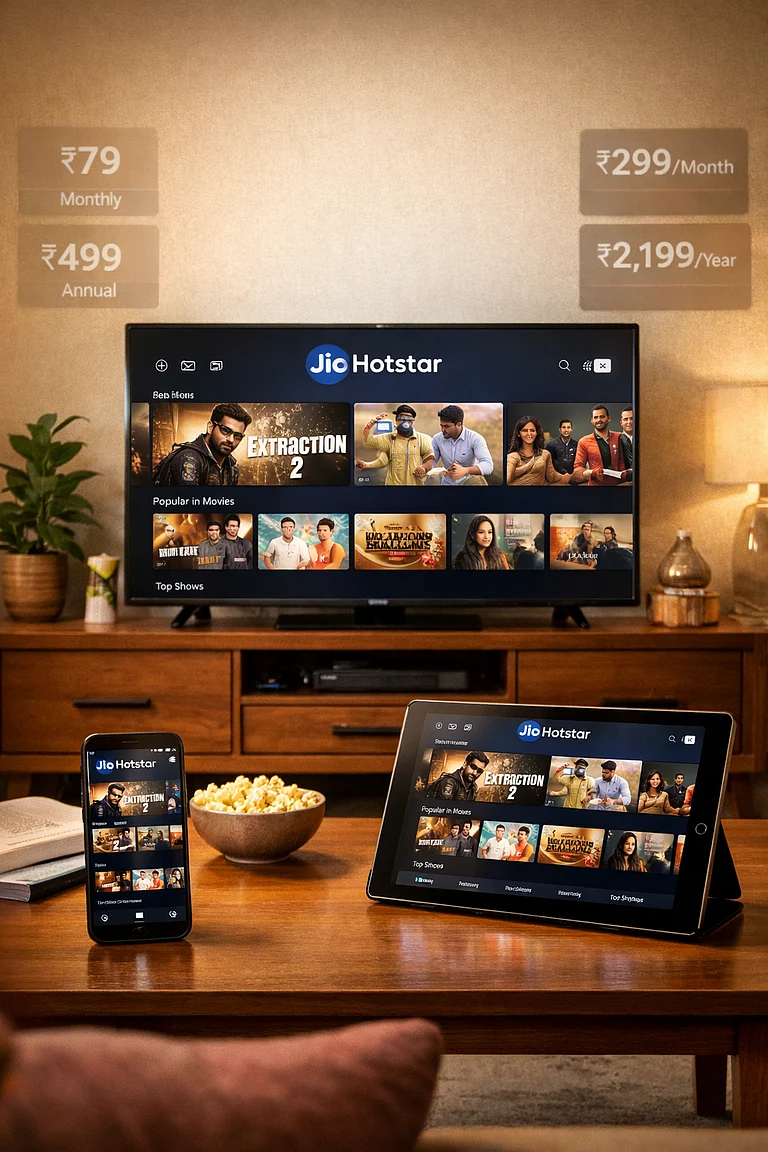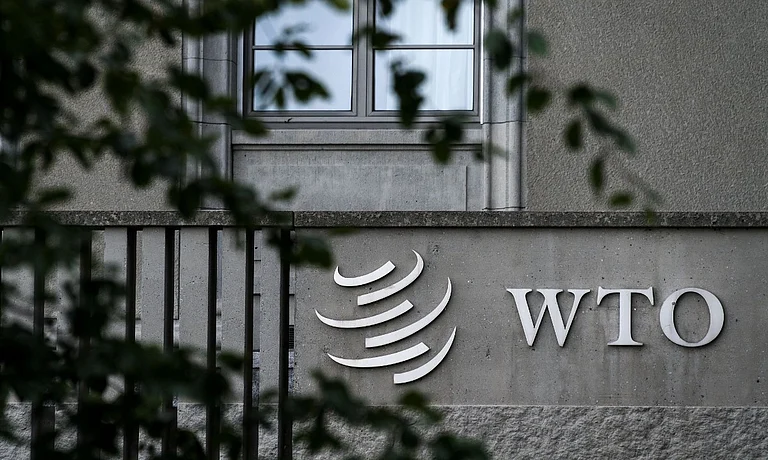The BRICS leaders on Wednesday pledged to push for a two-tier binding dispute settlement system of the World Trade Organization (WTO), while rejecting the efforts to adopt unilateral trade restrictive measures that are inconsistent with global trade rules.
This was agreed upon during a meeting of the leaders of BRICS countries at Kazan, Russia. Prime Minister Narendra Modi attended the meet.
"We commit to engage constructively within the WTO to attain the goal to deliver a fully and well-functioning two-tier binding WTO dispute settlement system by 2024 accessible to all, and the selection of new Appellate Body Members without further delay," the Kazan Declaration said.
It said that the countries extended their support for the rules-based, open, transparent, fair, predictable, inclusive, equitable, non-discriminatory, consensus-based multilateral trading system with the WTO at its core, with special and differential treatment for developing countries.
The leaders rejected the unilateral trade restrictive measures that are inconsistent with WTO rules.
"We note there is still a need for further efforts in many outstanding issues. We emphasize the importance of reforming the WTO and strengthening the developmental dimension in its work," Kazan Declaration: 'Strengthening Multilateralism For Just Global Development And Security' said.
The leaders also welcomed the establishment of the BRICS Informal Consultative Framework on WTO issues.
The declaration assumes significance as India is pressing for the two-tier dispute resolution system at the WTO.
Developed countries like the US have been advocating for changes in the system, arguing that the present dispensation is rigid.
Besides monitoring global exports and imports, the Geneva-based 164-member multi-lateral body adjudicates trade disputes among the member countries.
The dispute settlement body (DSB) is one of the important arms of WTO.
There are two main ways to settle a dispute once a complaint has been filed in the WTO – the countries find a mutually agreed solution, particularly during the phase of bilateral consultations; and through adjudication, which includes ruling by a panel and if not satisfied, challenging that ruling at the appellate body.
The appellate body is the apex institution for adjudicating disputes.
The smooth functioning of the WTO’s dispute settlement mechanism hit a roadblock when the US blocked appointments of members in the appellate body (AB). Though the AB stopped functioning on December 10, 2019, the panels are still working.































